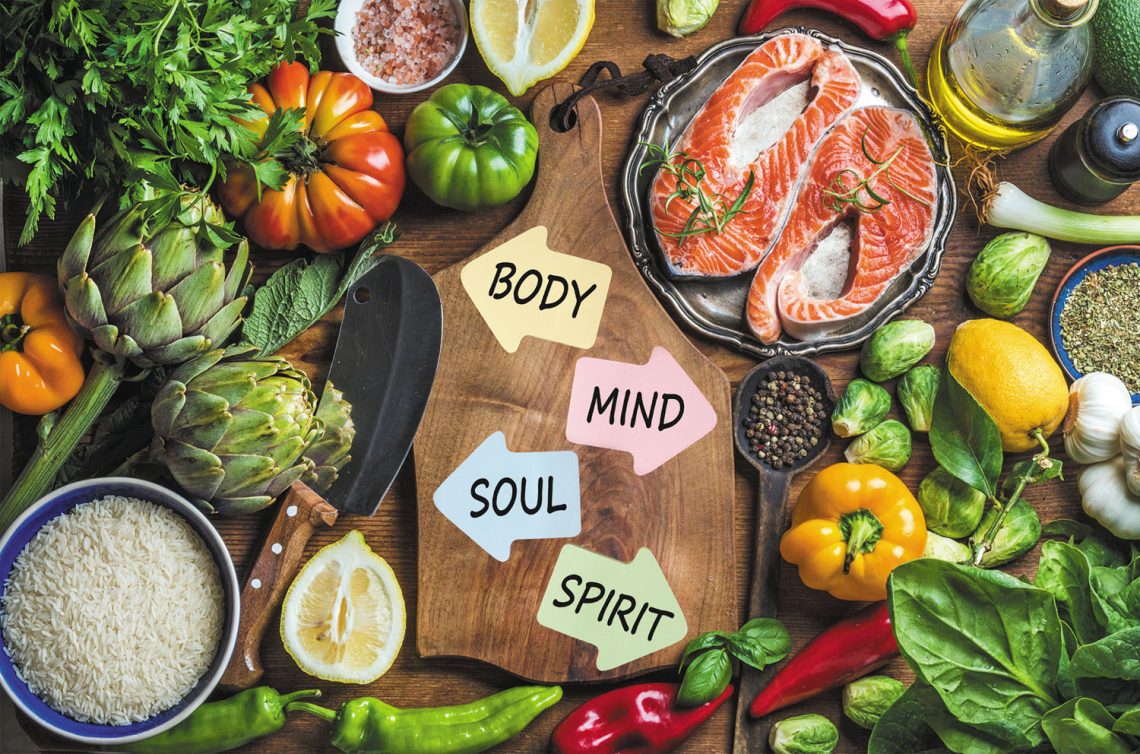
Food & Your Mood: How Food Affects Mental Health
Mental health is a state of well-being in which each person realizes his or her own potential, can adequately cope with various stresses, and can work fruitfully and effectively and is able to contribute to his or her life and community. Proper nutrition is an integral part of mental health. Both physicians and experts in general nutrition counseling and dietetics in particular play an important role in promoting mental health, preventing disease, and treating various mental health disorders.
An integrated information science synthesis is widely used to describe the various relationships between nutrition and mental health, and the practical principle of professionals related to dietetics and psychology is also applied. So you can find information about ketogenic diet mental health and so on.

The approach is organized under four key themes:
- Nutrition and its role in mental health promotion and disease prevention;
- The relationship between mental states and nutrition and diet therapy,
- A variety of nutritional practices (culinary hands-on recipes);
- Assistance in the use of special nutrition for the mental health population.
Based on a synthesis of these topics, several general recommendations are presented to encourage mental health promotion related to nutritional issues. Optimal nutrition supports mental health and can reduce pharmaceutical and treatment costs.
Informational Support
This action is needed to implement nutrition interventions for people with mental health needs. Strategies include food safety measures, healthy eating and practical skills training (e.g., understanding food labeling, food selection and preparation), and the development of nutrition and mental health educational materials. For example, nutrition to prevent psychiatric pathologies, using the properties of nutrients to affect the side effects of medications in psychiatric practice, nutritional recommendations for specific pathologies).
Nutritional services are important at all levels of influence in relation to mental health: advocacy, prevention, treatment and rehabilitation. Nutritional therapy should be recognized as an essential clinical intervention weapon in mental health promotion in practice. Governmental and nongovernmental agencies recognize the link between diet and mental health. Strategies aimed at creating healthy diets at the population level (e.g., sodium reduction, banning trans fats, nutritional guidelines in schools) are important mechanisms for supporting mental health in the general population.
Qualification of nutritionists in the field of mental health
There is a need to develop and implement state-of-the-art nutritional techniques for mental health promotion, including training in adapted psychotherapeutic approaches (e.g., cognitive behavioral therapy, dialectical behavioral therapy, motivational interviewing). Provide understanding and relevance of food culture, and reduce side effects of psychiatric medications using foods. Treatment regimens need to be developed for patients with both mental illness and chronic conditions, such as depression and diabetes.
Healthy eating programs
Mental health professionals can benefit from current knowledge in nutrition. Professional nutritionists who are knowledgeable about mental health issues should absolutely be involved. In addition, the involvement of nutritionists should be included in primary and specialty care teams as well as in public education and training programs.

How diet affects mental well-being
Research shows that a certain diet or specific foods can have an impact on a person’s mental state. The Mediterranean diet, which is rich in seafood, fresh vegetables and olive oil, has the most beneficial effects on the psyche. Combinations of products that are part of this type of diet protects against depression and anxiety. You can also find a lot of information about vegetarian diet and mental health.
In addition, a high-fat and low-carbohydrate diet can alleviate the condition of children who suffer from epilepsy. And a sufficient amount of vitamin B12 will improve memory, relieve fatigue and help fight depression. Excellent sources of B12 would be beef, seafood, cheese, milk, natural yogurt, green onions, and spinach.
However, researchers explain that people react differently to certain foods and diets. In this regard, it is impossible to say for sure that, for example, the Mediterranean diet will definitely have a positive effect on mental health. You can get detailed advice at this website. Specialized services can help you get more useful information about the effects of diets on mental health.





